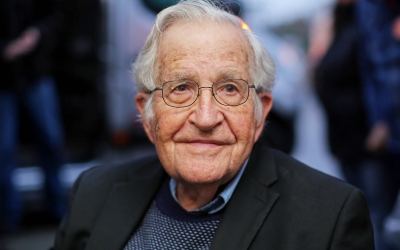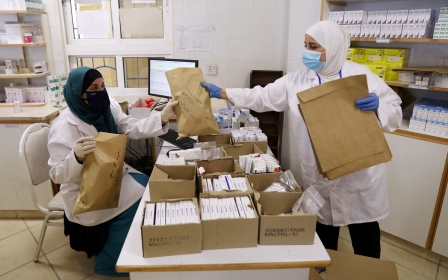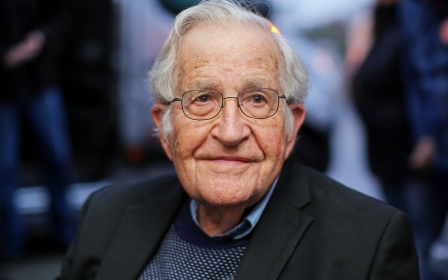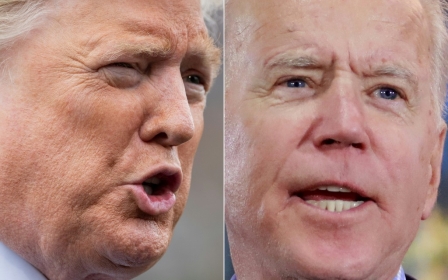Joe Biden pledges to restore US assistance to Palestinians if elected president
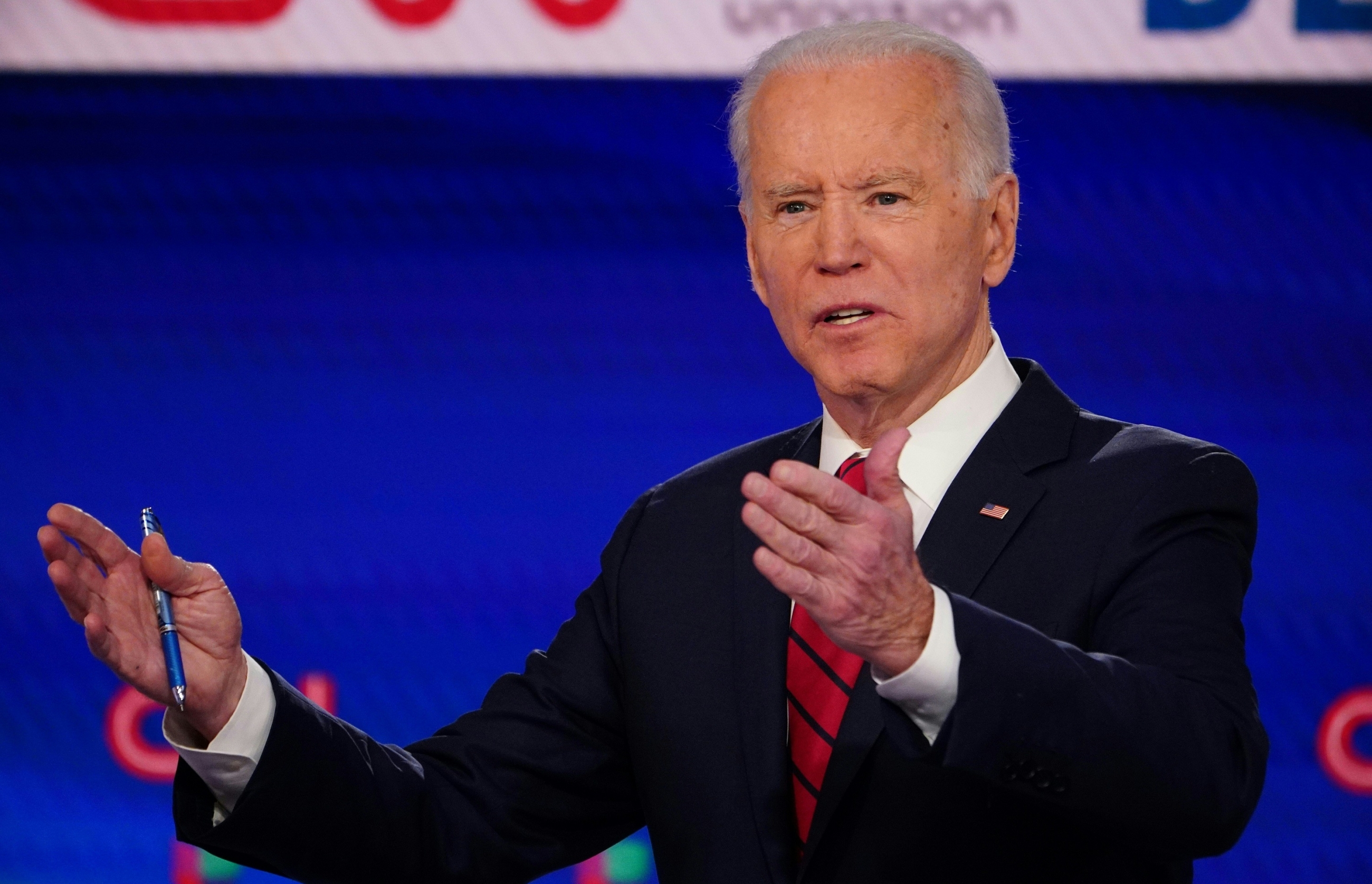
Joe Biden says he will restore US aid for Palestinians that has been cut by President Donald Trump, as calls for resuming assistance grow louder in Washington amid the coronavirus outbreak.
Asked during a virtual fundraiser on Wednesday whether he would restore aid programmes for Central America and Palestinians that Trump terminated, the presumptive Democratic presidential nominee answered affirmatively.
Biden also said he would restaff the State Department after its budget was reduced by the Trump administration in a move that critics say undermines American diplomacy.
"Foreign assistance can be a hard sell when we're in a deep economic hole, but it's still less than 1 percent of the entire budget."
Biden committed to resuming the "the decades-long economic aid and security assistance efforts to the Palestinians", noting that it would "benefit Israel, too" if dispensed correctly.
Biden, who vowed not reverse the president's decision of moving the US embassy to Jerusalem, told the Jewish Telegraphic Agency earlier this week that if elected, he would try to re-open the Palestinian diplomatic mission in Washington, which has been shuttered by Trump.
"A priority now for the cause of Israeli-Palestinian peace should be resuming our dialogue with the Palestinians and pressing Israel not to take actions that make a two-state solution impossible," Biden told the agency.
"I will reopen the U.S. consulate in East Jerusalem, find a way to re-open the PLO’s diplomatic mission in Washington, and resume the decades-long economic and security assistance efforts to the Palestinians that the Trump Administration stopped."
Annexation plans
The former vice president's comments come as the government of Israeli Prime Minister Benjamin Netanyahu moves forward with plans to annex large parts of the West Bank - with Washington's blessings.
Last month, Netanyahu reached an agreement with his chief rival Benny Gantz to form a coalition government that would advance an annexation law starting on 1 July.
Early this year, Trump released a proposal that would allow Israel to keep all of its settlements and apply its laws to the Jordan Valley in the occupied West Bank. Palestinians forcefully rejected the plan, dubbed "deal of the century".
The US president has cut almost all US assistance to Palestinians, including $350m in annual aid to the UN agency for Palestinian refugees (UNRWA).
On Tuesday, UNRWA's Washington director Elizabeth Campbell said the agency is operating month-to-month because of the US cuts and has only secured a third of its $1.2bn yearly budget.
"We are basically operating on a month-to-month basis. Right now, we have funding to pay our 30,000 health-care workers until the end of this month," Campbell said.
Dozens of Democratic members of the House of Representatives sent a letter to the administration late last month urging the restoration of aid for UNRWA.
Although Biden describes himself as a Zionist and a "stalwart supporter" of Israel, many Democrats are voicing opposition to Israeli policies against Palestinians ahead of the general elections in November.
On Monday, 30 former national security officials called on the Democratic National Committee to explicitly denounce the Israeli occupation in its 2020 platform, which outlines the party's plans and positions for the next four years.
"The 2020 platform should expressly state a commitment to a resolution of the conflict that ensures both Israel's security and future as a Jewish and democratic state with equal rights for all its citizens, as well as Palestinian rights, including self-determination, security and freedom," the former officials, including ambassadors and presidential advisers, wrote in a letter.
"It should include clear opposition to ongoing occupation, settlement expansion and any form of unilateral annexation of territory in the West Bank as well as clear opposition to violence, terrorism and incitement from all sides."
Middle East Eye delivers independent and unrivalled coverage and analysis of the Middle East, North Africa and beyond. To learn more about republishing this content and the associated fees, please fill out this form. More about MEE can be found here.


